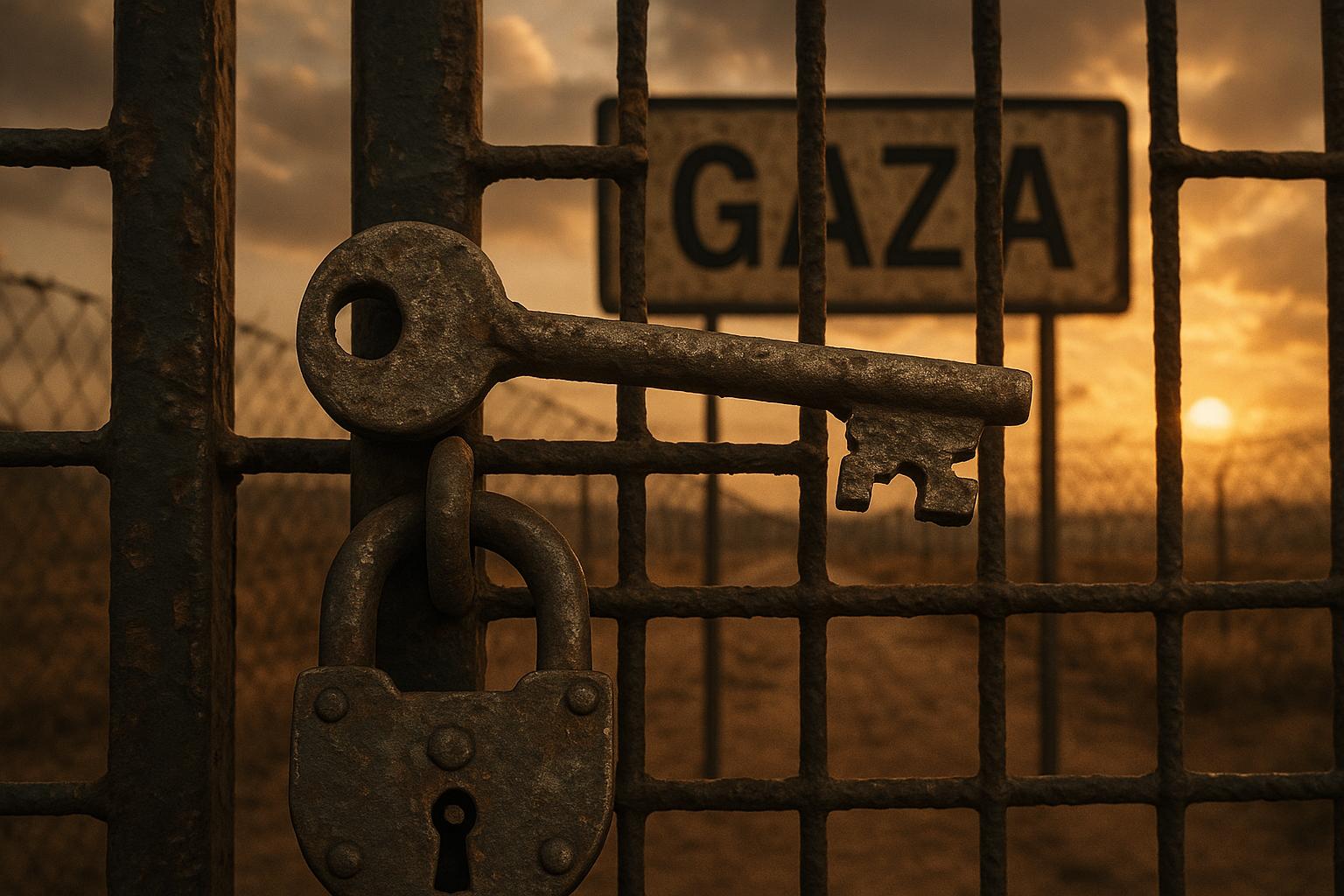The fragile ceasefire between Israel and Hamas in Gaza has already come under significant strain, with Israel announcing substantial cuts to humanitarian aid amid ongoing tensions. The Guardian has highlighted the "shattered remains" of Khan Younis, illustrating the extensive destruction in Gaza, while reporting that four dead hostages have been returned to Israel. However, Hamas has indicated that returning all bodies will take longer due to difficulties in identifying burial sites amid the devastation.
In a firm response to what it perceives as slow cooperation from Hamas, Israel has halved aid shipments to Gaza, limiting the flow to 300 trucks per day—down from the previously agreed volume—and has kept the Rafah border crossing with Egypt closed through at least October 15. Israeli officials have linked these restrictions to delays in the return of hostage bodies as stipulated in a US-brokered ceasefire. Hamas, meanwhile, points to the complexity of recovering bodies amid widespread destruction and ongoing conflict as reasons for the slow pace of returns.
The United Nations and various aid agencies have voiced strong concern over the humanitarian consequences of these actions. They have urged the reopening of border crossings to allow vital supplies to reach hundreds of thousands of Gazans at risk of famine. UN humanitarian chief Tom Fletcher recently announced plans to significantly increase aid deliveries once a ceasefire is fully operational—intending to provide food aid to 2.1 million people and nutritional support to 500,000 amidst a dire food security crisis. Over half a million residents in Gaza City are already affected by famine conditions, according to recent IPC reports.
Simultaneously, hopes for rebuilding Gaza have been tentatively raised, as the United Nations Development Programme revealed encouraging initial interest from the US, Arab countries, and European nations to help fund Gaza’s reconstruction. The estimated cost stands at $70 billion to clear some 55 million tons of rubble left by the two-year war between Israel and Hamas. While financial pledges remain unconfirmed, the announcement signals early international willingness to engage in what will be a massive recovery effort.
Despite the fragile truce and partial implementation of a peace plan originally proposed under the Trump administration, many core issues endure unresolved—including Hamas' disarmament and the political future of Gaza itself. Hostage families in Israel have cautiously welcomed the release of some captives, while Palestinians in Gaza express tentative hope linked to the reduced hostilities and promise of aid.
In this complex and evolving situation, the scaling back of aid and border closures underscore the immense challenges facing both sides. The humanitarian needs in Gaza remain acute, and the international community’s role in ensuring relief and reconstruction will be critical in shaping the fragile peace's durability.
📌 Reference Map:
- Paragraph 1 – [1], [4]
- Paragraph 2 – [2], [3], [4]
- Paragraph 3 – [2], [6]
- Paragraph 4 – [5]
- Paragraph 5 – [7], [1]
- Paragraph 6 – [1], [2], [3], [4], [6]
Source: Noah Wire Services
